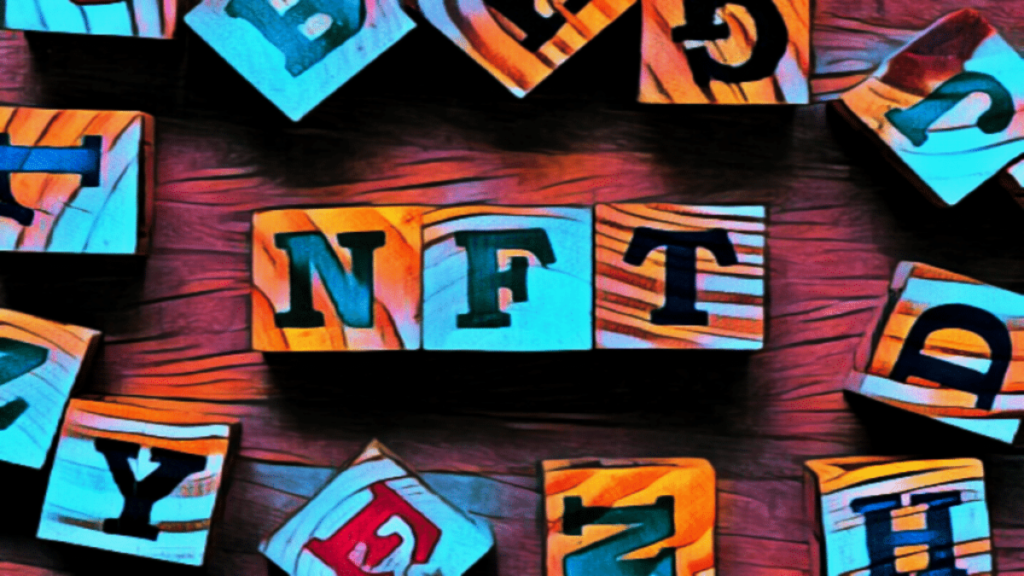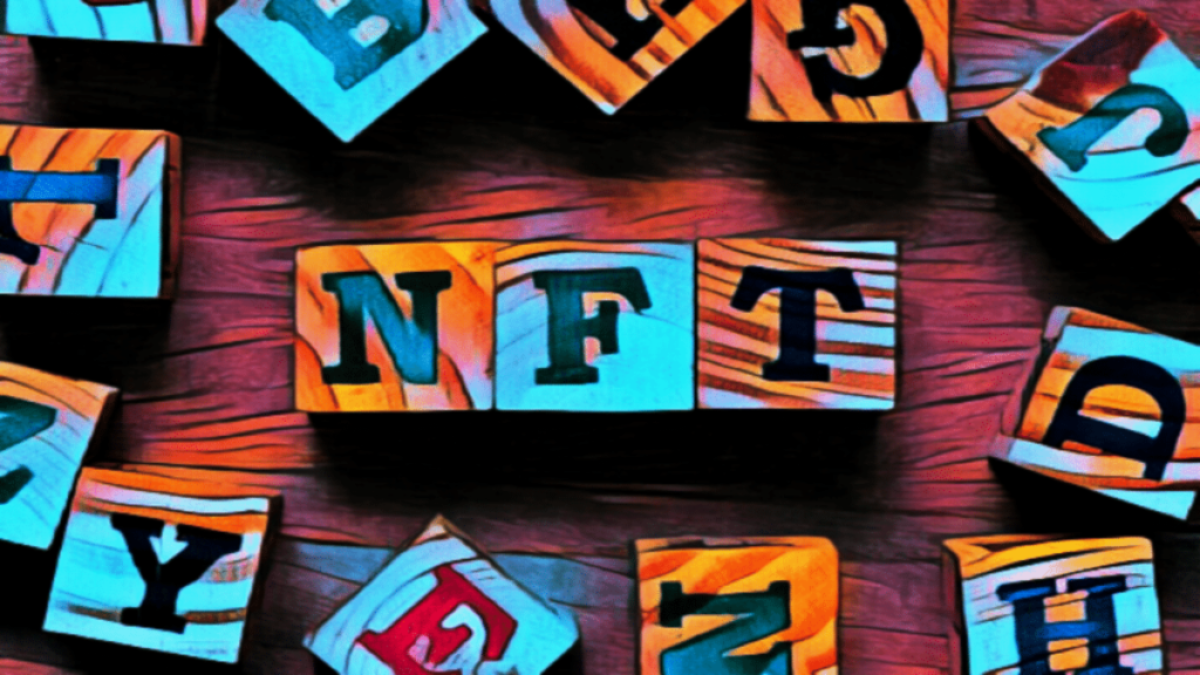Comprehensive government research conducted by the U.S. Patent and Trademark Office (USPTO) The U.S. Copyright Office has concluded that existing intellectual property laws are sufficient to address issues related to non-fungible tokens (NFTs). Despite growing concerns about potential risks associated with NFTs, including copyright and trademark infringement, research suggests that current laws provide adequate protection against these issues.
Existing laws deemed appropriate: government research results
The study, launched in response to growing concerns raised by lawmakers including former Democratic senators Patrick Joseph Leahy and Thom Tillis, examines the complexities of intellectual property law as it relates to NFTs. I did. Over the course of the 112-page investigation, the USPTO and the Copyright Office engaged in extensive dialogue with stakeholders, including industry experts and stakeholders.
The findings highlight a consensus among stakeholders that existing laws effectively address copyright and trademark infringement issues related to NFTs. Despite acknowledging instances of trademark abuse and infringement within NFT platforms, the study concluded that immediate amendments to intellectual property laws are not warranted.

Debate on the need for NFT-related laws: stakeholder perspectives
A notable aspect of this research is the debate surrounding the need for NFT-related legislation. While some stakeholders have expressed doubts about the likelihood of such regulations being imposed prematurely, citing concerns that they will stifle innovation, others have warned not to overlook the risks posed by malicious actors within the NFT ecosystem.
Despite warnings from technology industry associations about malicious actors abusing trademarks to exploit consumers’ personal information, the study argues that the introduction of NFT-related laws could hinder the organic development of NFT technology.
Navigating Regulatory Ambiguity: Impact of Past Enforcement Actions
The regulatory environment surrounding NFTs has become more ambiguous due to past enforcement actions. Notably, California-based media company Impact Theory was indicted by the U.S. Securities and Exchange Commission (SEC) in August 2023, the first NFT-related enforcement action by U.S. regulators. The case raised questions about the classification of NFTs as securities, highlighting the complexities of regulatory oversight in the digital asset space.
While the study acknowledges the challenges of enforcing trademark registration for digital goods involving NFTs, it highlights the need for greater clarity and judicial precedent in addressing these complexities.
The Future of NFTs: Balancing Innovation and Regulation
Despite regulatory uncertainty and enforcement actions, the popularity of NFTs continues to soar, with celebrities including Donald Trump entering the NFT space. As the industry grapples with regulatory ambiguity and evolving market dynamics, finding a delicate balance between fostering innovation and protecting consumer interests remains critical.

